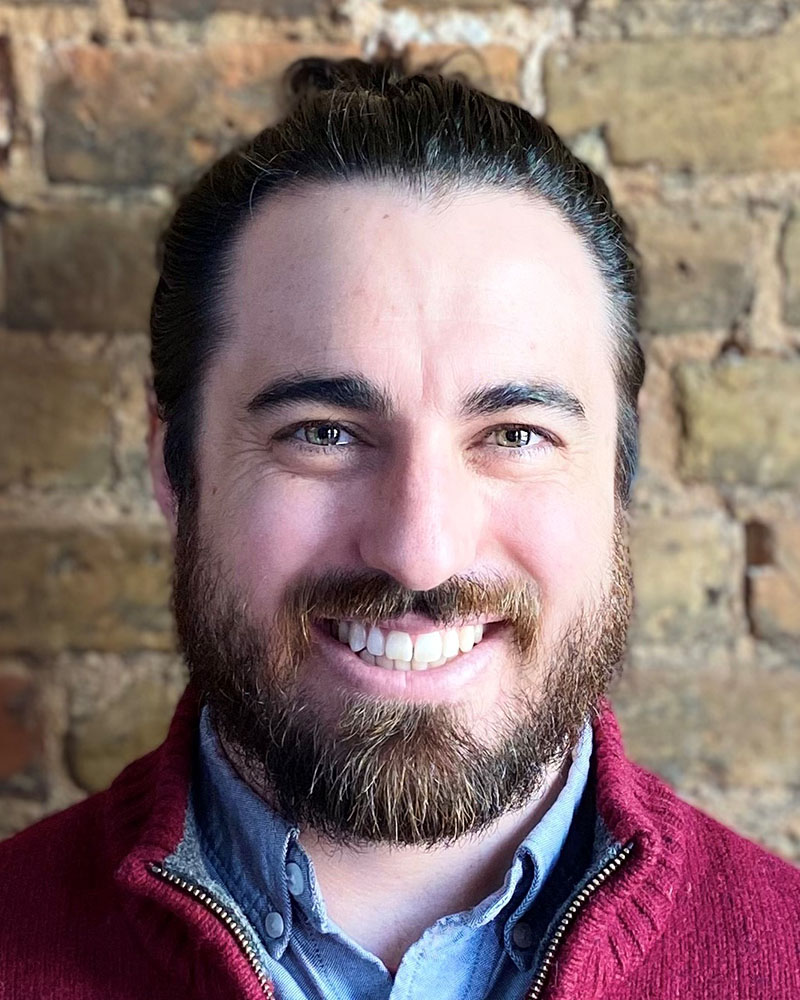University Teaching Initiative Award
Keith Pluymers, Ph.D.
- Assistant Professor Early Modern Europe/Environmental History in the Department of History.
- Ph.D. from the University of South Carolina in 2015
Teaching Philosophy
History is a verb, not a noun, and to do it requires creativity, confidence, and the willingness to take risks.
My motivation to become a college professor comes from …
I knew that I wanted to become a professor while conducting undergraduate research. The work was exciting; it felt thrilling to be able to define a question and to begin to contribute to the production of knowledge. I wanted to be able to create experiences for students like the ones that had shaped me and made me love history.
The resource or person that has been the most important influence in my teaching career is … (and why)
My ISU colleague, Dr. Katie Jasper. Dr. Jasper and I have been having conversations about teaching in our hallway since I arrived at ISU. Her knowledge about our students, her creativity, and her willingness to question and revise how a course can/should be taught has been an inspiration. At every turn, she has asked me to clarify why I'm doing something in the classroom, has offered me new and creative activities, and has pushed me to keep thinking about how to make my courses better. Talking through teaching with her has consistently made me better in the classroom.
For me, the least favorite part of teaching is … (and why)
Grading. I love to provide students with meaningful feedback on their work and to help them develop projects. The need to provide alpha-numeric grades often, unfortunately, impedes that work of growth and development by making activities feel transactional rather than as part of a process of authentic learning. Grades provoke stress, anxiety, and discontent. Much of my time is spent thinking about how to ensure that students nourish their curiosity, push boundaries, and take risks when thinking about the past rather than asking what needs to be done to earn their desired grade.

“… I seek to create an environment in which students can develop the skills to think about how to produce historical knowledge."